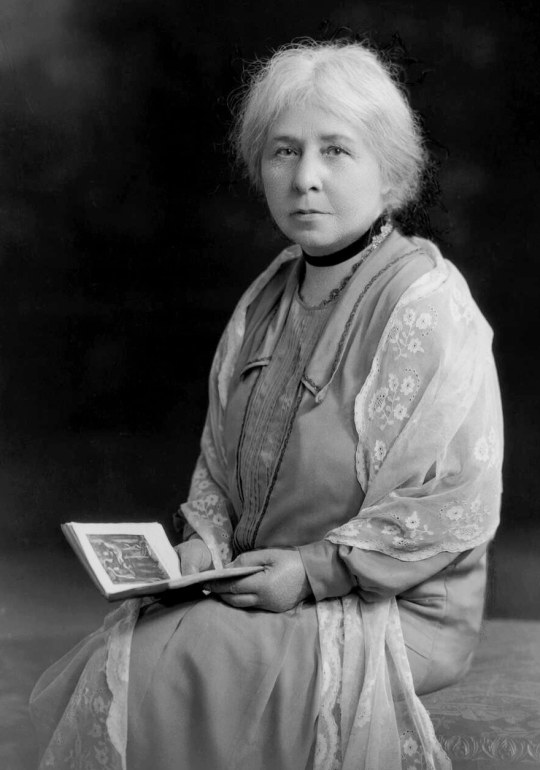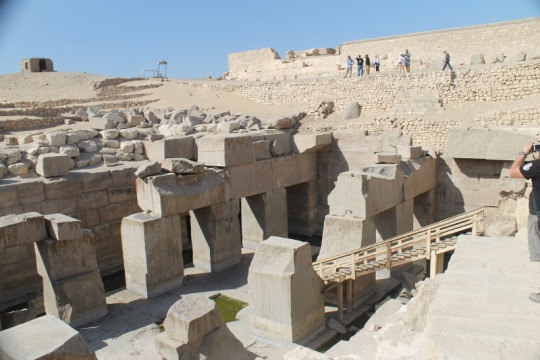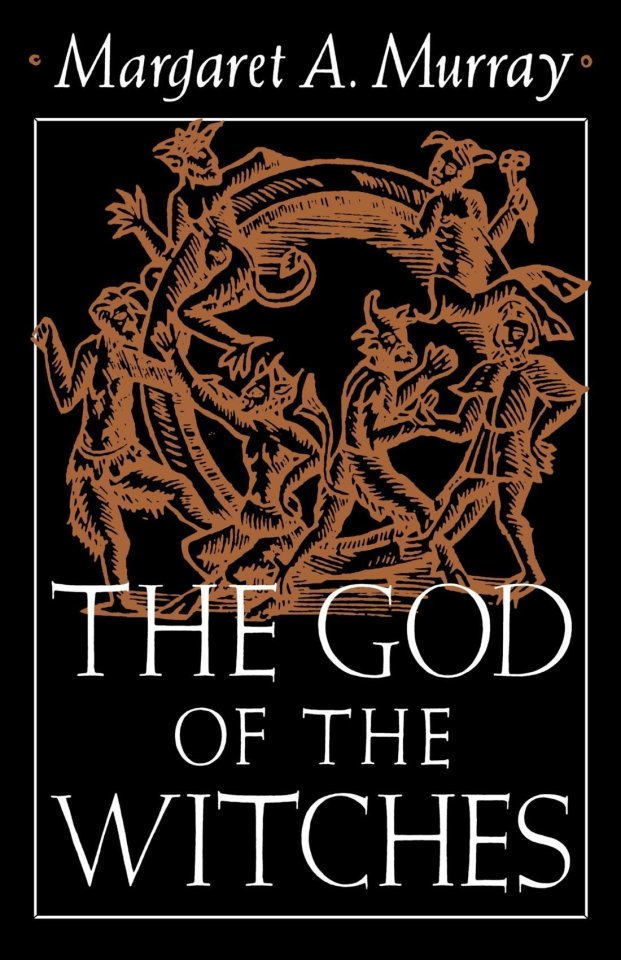Text
For those of you who don’t know, I own two discord servers! The first of which is a Hades and Persephone Work/Worship server (the link to which can be found in my pinned post), and the other is a server called the Emerald Isle! I would greatly appreciate if those of you in the witchcraft and shifting communities would check out the server linked below, as I have put a lot of time and effort into cultivating a welcoming community!!
𓆩◇𓆪꧁ 𓆩◇𓆪 ꧂ 𓆩◇𓆪
°. •♡ Welcome to The Emerald Isle! ˚ʚ♡ɞ˚
We are a welcoming community of witches and shifters here to help you grow on your spiritual journey! Some things we feature:
⋆˙⟡♡ An active and engaging mod team
⋆˙⟡♡ Plenty of fun channels and challenges
⋆˙⟡♡ A welcoming community for both witches and shifters, at any point in their journey
⋆˙⟡♡ A zero tolerance policy for discrimination of any kind to keep our members safe
⋆˙⟡♡ A verification process so you can feel safe knowing everyone in the server has been vetted by our experienced moderation team
⋆˙⟡♡ And so much more!
We hope to see you with us soon!
https://discord.gg/SQZB38trES
𓆩◇𓆪꧁ 𓆩◇𓆪 ꧂ 𓆩◇𓆪
30 notes
·
View notes
Text
Women in Anthropology: MARGARET ALICE MURRAY
In the 100 years Margaret Murray was on this Earth she became a driving force for women in anthropology and in academia, earning the titles of archaeologst, Egyptologist, author, lecturer, Folkorist, and feminist.

Murray was born to wealthy English parents in Calcutta, India in 1863. She spent her early years living in Britain and Germany before settling back in India as a nurse until 1887 when she moved to England and became a social worker.
She began attending the University College London (UCL) at the age of 31 in 1894 (proving that there is no set age to being your academic career) and by 1898 she was working as a junior lecturer of linguistics in the Egyptology department.
In 1902 she joined British Egyptologist Sir William Flinders Petrie for 2 field seasons in Egypt. During the first field season she helped to excavate a temple to Osiris, the Osireion, built during the New kingdom (roughly 16th to 11th century BCE) under the Pharaoh Seti I (pictured below).

After returning to London, she became a big supporter of the first wave feminist movement and joined the Women’s Social and Political Union. Murray initiated many campaigns to change the culture for women in academia and make it more accessible. At her insistence for inclusivity, the UCL common room was opened to women and later a redesigned room was constructed and named the Margaret Murray Room.
During World War I, she began studying and publishing articles and books on the history of witchcraft in Europe and Folklorism. Eventually, in 1927 she was awarded an honorary doctorate for her work in Egyptology. Throughout her career she wrote several books and many articles on Egyptology, Folklorism and also authored her own autobiography titled “My First Hundred Years” published in the year of her death 1963.

It is challenging for modern day academics to truly comprehend the different era and culture for a woman in anthropology during the late 19th to mid-20th centuries. Although, I am sure many of us agree that the academic climate of today oftentimes has much more progress to make. In any case, Margaret Murray was one of the first women to ‘make it’ within this scientific field dominated by a white men, and her contributions to academia were significant, well known, and respected.
However, this does not mean she was perfect. Much of her academic work and theory, especially in the field of Folklorism, is often criticized. Anthropology has changed quite a bit since Murray first entered the field over 158 years ago, and our views and methods of understanding are extremely different today.
What will not change is Murray’s solidified importance as an academic mind and as a woman in archaeology. She paved the way for other female scholars, and she fought for their advancement and their voices along the way.
Refs:
Drower, Margaret S. (2004). “Margaret Alice Murray”. In Getzel M. Cohen; Martha Joukowsky (eds.). Breaking Ground: Pioneering Women Archaeologists. Ann Arbor: University of Michigan Press. pp. 109–141
Margaret Murray. (n.d.). Retrieved March 16, 2021, from https://www.fembio.org/english/biography.php/woman/biography/margaret-murray/
Margaret Murray. 25 Feb. 2021, en.wikipedia.org/wiki/Margaret_Murray.
“Margaret Murray”. Stories From The Museum Floor, 2021, https://storiesfromthemuseumfloor.wordpress.com/2018/03/02/margaret-murray/.
—————————————————————————
About the podcast: The I Dig It Podcast was created by Alyssa and Michaela in March of 2020. Our goal for this podcast was to provide archaeology enthusiasts with insight into the student perspective of navigating the world of academia and the job market for archaeology and anthropology. Guests on the podcast include people from all different parts of their career, including highschool, undergrad, grad school, post doc, and early career!
Where to Find Us:
Insta: https://www.instagram.com/idigitpodcast/
Twitter: https://twitter.com/IDigItPodcast
Discord: https://discord.gg/T7BPe36
ArchPodNet: https://www.archaeologypodcastnetwork.com/idigit
How to get involved: Sign up to be a guest or to be featured on our social media pages https://linktr.ee/idigitpodcast
663 notes
·
View notes
Text
looking for active history (any time period), philosophy, archaeology and anthropology studyblrs! like or reblog so I can find you!! 🕵🏻♀️
29 notes
·
View notes
Text
being a history major is just
looks for excuse to talk about niche interest
avoids guys who only know imperial rome & the world wars
“why is this author so openly homophobic?”
complains about racist teacher
gets an 83 on an essay you tried really hard on, gets a 100 on a book review when you didn’t read the book, just the wikipedia summary and/or amazon reviews
“why do we have to read this? this author is OBVIOUSLY racist”
“when was this book published? 97?? dude has no excuse”
*teacher opens the floor in class discussion* that One Guy: i just think it’s obvious that- [insert something vaguely sexist/racist & some chuckles]
“why is this author so openly homophobic?”
almost fails a book review
passes a book review
“what class is this assignment even for?”
class options next semester: do you wanna learn about bread, Rome, or the Vietnam War?
“why are all my classes so Americanized?”
bonus:
literally everyone you tell you’re a history major: “oh so do you wanna be a teacher?”
27 notes
·
View notes
Text
I found this to be very interesting. This is definitely worth a read, especially if you enjoy psychology or anthropology.
18 notes
·
View notes
Text
Where are my Anthro studyblrs at?
I want to follow you all!
20 notes
·
View notes
Text
reading about random things. educating yourself on cultures that died ages ago. excitement in learning new languages. having a cup of hot coffee/tea on a rainy sunday morning. staying up late to finish reading that one book. quoting shakespeare for no specific reason. listening to slow music while doing school work. singing your favorite song off key when no one is watching. smiling at animals. wearing clothes that makes you feel comfortable. laying on bed after a long tiring day. late night drives on empty roads. complimenting strangers. helping an elderly person to cross the road. hugging your best friend. smell of earth after rain. making others laugh. holding hands.
16K notes
·
View notes
Text
My teacher: I can take a human body and turn it into a skeleton in 8 hours. If I wasn’t teaching Anthropology I would probably be a serial killer.
4K notes
·
View notes
Note
I hope that at least some of what I’ve said has helped, and if anything I’m sorry for spamming you with asks. But I’ll leave you with one more thing, which is what I’ve told my younger cousin when they were deciding on schools: I’d didn’t matter what your parents think of your family thinks of your friends think, it’s you and only you that matters. So choose based on your own criteria, things that matter to you (like programs, size, etc) and if you don’t like it, transfer. In the end it’ll be ok
5/5
Thank you for this advice!! I never got around to posting it earlier but it really helped me when trying to choose where I'm going in the fall!! And now here I am, 40 days from move in :)
0 notes
Note
I had been to a few other college campuses briefly for marching band, and what I saw of the campuses, while they were nice, just didn’t click for me. Even now, 3 years into college, when I go to other colleges to visit friends and they show me around or I go to a lecture with them, I know I made the right choice. 4/?
4/5
0 notes
Note
All the other reasons, things like the program for what I wanted to do and how small the campus was were also pretty strong factors. But overall I just knew this is where I wanted to go, I could like feel it in me. I actually ended up applying at the end of my junior year of high school and received my acceptance letter mid summer. 3/?
3/5
0 notes
Note
I chose my school for many reasons. While I may have been influenced by my mom having attended and met my dad here, it really wasn’t a factor. What really helped me say “screw those other schools this is it” was when I visited the first time I was standing outside the union looking at a campus map and I had like 3 people ask me if I was lost/needed help. Coming from students where the school preaches “family” as an important value just really made me feel welcome 2/?
2/5
0 notes
Note
About picking a college- My mom had like half a dozen visits to the area schools lined up for me. In the end I only went to one, and called it good because it was the school my mom went to and it had a good program for what I wanted to do. And while I missed out on the big college tour road trip and trying to choose just 1, 4 years later I wouldn’t have done it any other way. 1/
1/5
0 notes
Text
Oh, and while I'm at it. Anthropology, archaeology and museums should add queer narratives to their studies and exhibits. We exist in every history and in every culture.
We will not be an effective discipline until we radically change the voices we include into our work.
437 notes
·
View notes
Text
Primrose is my ideal life 😳
types of people (flowers): langblr edition
fuchsia hybrida: joins a “schools without borders” type nonprofit, learns languages like arabic and teaches young kids in their native language, gets letters from them when they’re successful twenty years down the line
lily of the valley: speaks fluent italian, lives in a small villa in rome, is a local at a corner gelateria, studies history at a local university
sakura: majors in japanese, lives in a traditional apartment in tokyo, works as an illustrator, eats matcha ice cream daily
primrose: works as a researcher at yale, fluent in ancient greek, working to decipher various old manuscripts, majored in anthropology
orchid: works as a diplomat in the un, speaks five different languages fluently, works toward world peace
hyacinth: writes poems on a vintage typewriter in a secluded cabin in denmark, speaks danish, stays up until two having profound discussions with your so or dog
rose: writes songs on their acoustic guitar in french, performs at open mic nights at their local coffee shop in paris, knows everyone in their neighborhood and is known for their distinct style and beautiful tattoos
793 notes
·
View notes
Text
“Archaeology is one of my disciplines in undergrad and I love it, how do I make it into a career?”
I received this question on instagram the other day and thought I’d address it here as well! In the field of archaeology, you’re only here if you absolutely love it. Because at first glance, most people will tell you that there’s no money in the field and wonder why you’re even doing it in the first place. That love for the field however, is what you’ve got to use to motivate yourself to find opportunities, because in most cases they aren’t going to fall into your lap.
Getting Started
Undergraduate/College
If you’ve decided early enough that you want to take the archaeology route in undergrad, look through your Anthropology Department at your professors and their research, and find someone who is doing the type of work that you could see yourself doing. Professors are an amazing resource to have, and can continue to help you long after graduating from college
For me, I latched on to a few Professors. Originally it was a professor of Ancient Mayan and Aztec Archaeology, and she’s the one I was able to join on fieldwork in Mexico. We still update each other, and she’s always there when I need a new reference letter!
Job experience at University
When looking for a job while a student, most people go for the easy library help desk or food service jobs on campus. But I’ve found that if you go to your department directly, and talk with professors and staff members (even from classes you have not taken), often they will have side research and busy work that they are willing to pay for! I got to do some really awesome and random archaeology jobs this way.
Archaeological Field School
This is a necessity if you want to find a career opportunity straight out of college, and sometimes if you want to continue into a Masters degree. Field schools teach you the techniques of the field, and make sure that you’re okay with getting dirty! It’s also a great way to find out if archaeology is really something you want to continue doing.
Field schools are pretty expensive, especially if you’re doing them for course credit while you’re in undergrad. BUT, I found a hack. I ended up doing my field school the summer after I graduated from college, so I didn’t need course credit. I was able to only pay the housing portion of the field school, and didn’t have to pay for the “class.” So I was able to get all the training I needed without having to write the final report/presentation. Lit.
School School School
In general, I’ve found that the most successful Archaeologists are the most educated Archaeologist. With that being said, degrees give you credibility and really help you gather experiences that will look good on a job resume.
Write down EVERYTHING you do
I’ve found this tip to be super important in terms of resume building. Starting in early college, I wrote down every significant class, lecture, fieldwork experience, employment opportunity, class project – pretty much anything archaeology related that could potentially help me brag about myself later. By doing this, I was able to get a solid 2 pages, single spaced, of relevant archaeological experience for my C.V./resume.
Grad School or CRM
Depending on how burnt out on school you are at this point, it’s typical to try to get into CRM (Cultural Resource Management) fresh out of undergrad. I’ve heard that its typical to be pretty difficult to get your foot in the door with CRM. For me it took over 50 job applications for someone to finally bite (but I was limiting myself to Southern California). Writing everything down in undergrad, and building an awesome resume, really helped me in finding my first CRM job with a pretty awesome company.
From what I understand, many archaeologists do Undergrad -> CRM -> Grad School, or Undergrad -> Grad School -> More School
I am currently at this point – post-CRM, entering Grad School – and the plan is to take advantage of all the opportunities that my department in the UK has to offer.
TL;DR HOW TO BE AN ARCHAEOLOGIST
1. It’s all about who you know! Make best friends with professors and other successful anthropologist around you.
2. School, school, school, more school.
3. Build that resume and shoot for the stars. Take those weird jobs, be able to brag about yourself, and study what makes you happy.
843 notes
·
View notes
